Daily Report Archives
Established in December 1993, the Nautilus Institute’s *N*ortheast *A*sia *P*eace and *S*ecurity *N*etwork (NAPSNet) Daily Report served thousands of readers in more than forty countries, including policy makers, diplomats, aid organizations, scholars, donors, activists, students, and journalists.
The NAPSNet Daily Report aimed to serve a community of practitioners engaged in solving the complex security and sustainability issues in the region, especially those posed by the DPRK’s nuclear weapons program and the threat of nuclear war in the region. It was distributed by email rom 1993-1997, and went on-line in December 1997, which is when the archive on this site begins. The format at that time can be seen here.
However, for multiple reasons—the rise of instantaneous news services, the evolution of the North Korea and nuclear issues, the increasing demand for specialized and synthetic analysis of these and related issues, and the decline in donor support for NAPSNet—the Institute stopped producing the Daily Report news summary service as of December 17, 2010.

ENDING THE NORTH KOREAN NUCLEAR THREAT BY A COMPREHENSIVE SECURITY SETTLEMENT IN NORTHEAST ASIA Morton Halperin, Peter Hayes, Chung-in Moon, Thomas Pickering, Leon Sigal June 28, 2017 I. INTRODUCTION In this essay, the authors argue “that a US-ROK coordinated approach can be built on the foundation of a plausible, concrete concept of a comprehensive […]
Go to the article
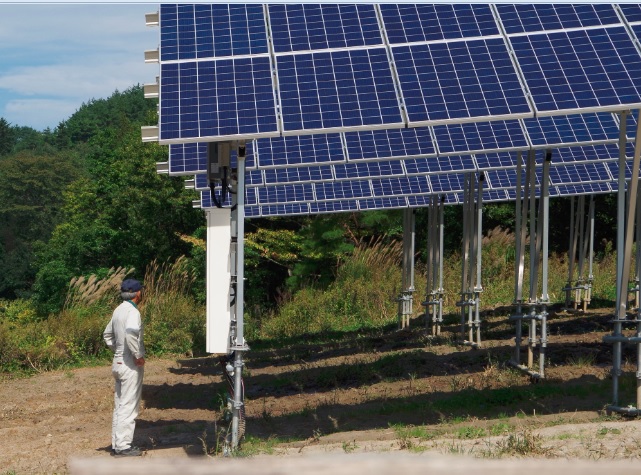
Kae Takase June 23 2017 I. INTRODUCTION In this essay, after tracing the evolution of Japan’s energy policy and economy in the years after Fukushima, Kae Takase concludes: “The Japanese electricity sector will undergo dramatic and disruptive changes in the coming years. The future of nuclear reactor restarts, retail market deregulation, unbundling of transmission […]
Go to the article
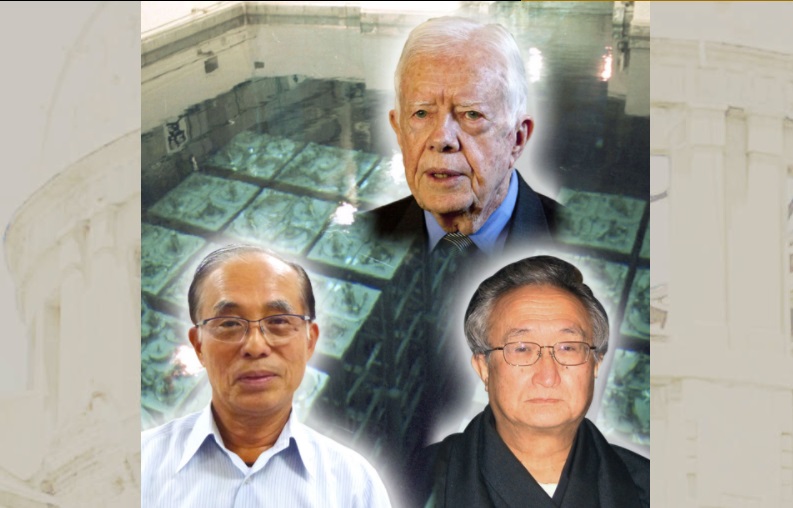
Masakatsu Ota June 15, 2017 I. INTRODUCTION In this essay Masakatsu Ota argues that driven by “other agendas,” the Abe government will continue to support nuclear power, including MOx fuel recycling in spite of the Fukushima disaster, albeit with important modifications. He concludes that “little attention has been paid to nuclear security concern about […]
Go to the article

Matthew Bunn June 8, 2017 I. INTRODUCTION This essay by Matthew Bunn argues that nine straightforward steps are available for Japan to greatly reduce the risks of nuclear terrorism at reasonable cost. “These include minimizing the use of materials that could be used in nuclear weapons, and providing highly effective security and accounting wherever […]
Go to the article
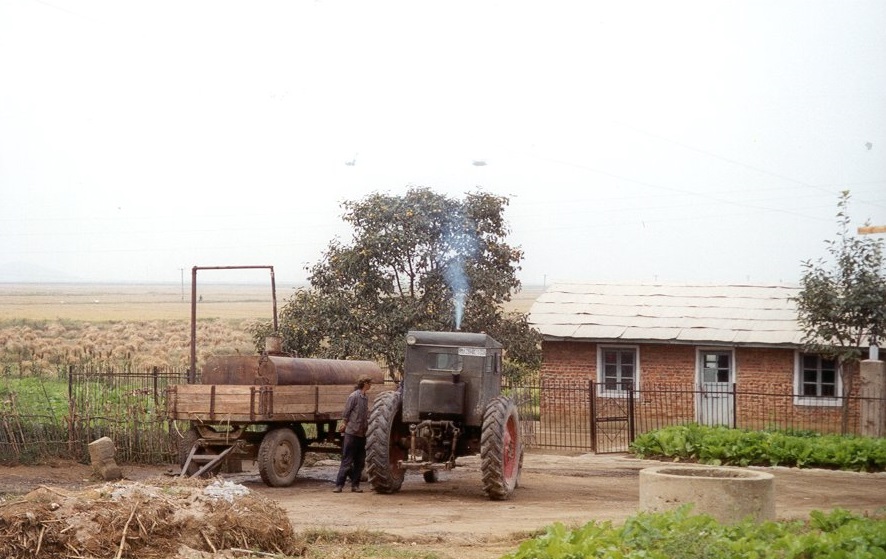
David von Hippel and Peter Hayes June 7, 2017 I. INTRODUCTION In this essay, David von Hippel and Peter Hayes suggest that the emissions data reported in the DPRK’s Intended Nationally Determined Contribution of Democratic People’s Republic of Korea submitted to the UN are broadly consistent with previously compiled energy supply-demand balances prepared for the […]
Go to the article
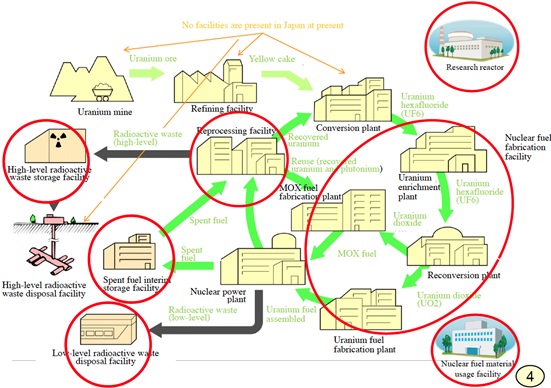
Tadahiro Katsuta June 1 2017 I. INTRODUCTION In this essay, Tadahiro Katsuta concludes that: “Security measures have been strengthened following the Fukushima accident. More detailed discussions on security at nuclear facilities that include addressing issues specific to Japan, however, are needed.” Tadahiro Katsuta is Associate Professor at Meiji University in Japan. This Special Report was […]
Go to the article

Charles Ferguson May 26, 2017 I. INTRODUCTION In this essay, Charles Ferguson states “that dry cask storage for spent fuel has been shown to provide a safe and secure means of storage for at least a few decades based on real world experience. How long these casks will last is not clear, but perhaps […]
Go to the article
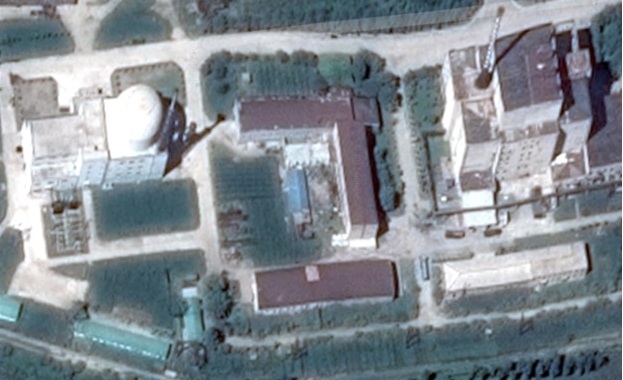
David von Hippel and Peter Hayes May 22, 2017 I. INTRODUCTION This essay by David von Hippel and Peter Hayes argues that neither attack nor accident at the DPRK’s two reactors at Yongbyon would result in significant transborder radiological damage. They conclude that “the United States and its allies control most of the variables that […]
Go to the article
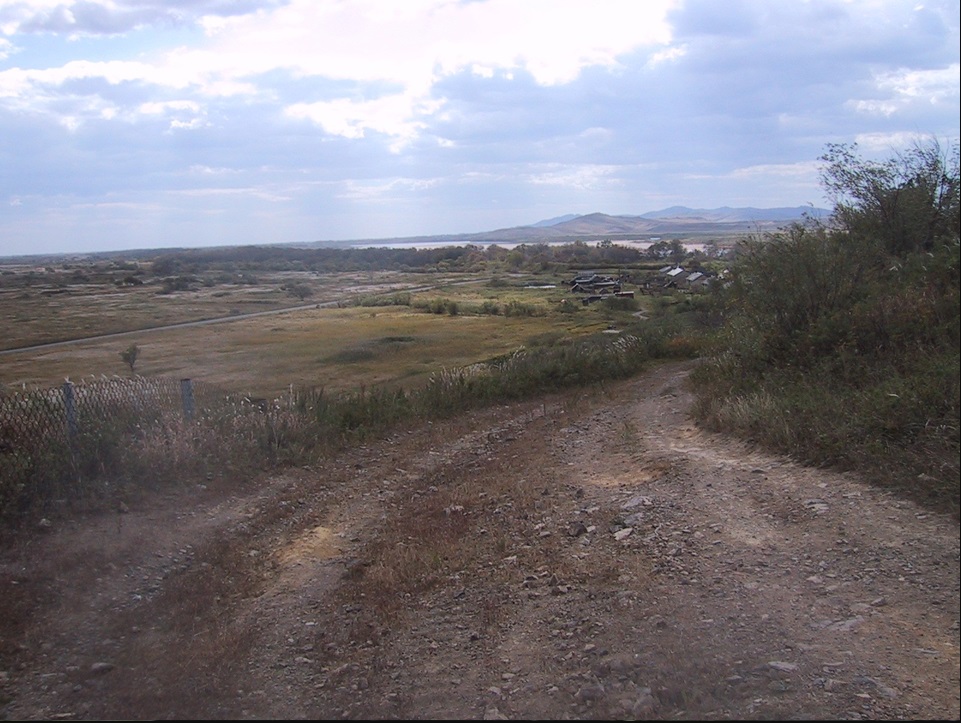
Alexander Vorontsov May 19, 2017 I. INTRODUCTION In this essay, Alexander Vorontsov shares his concerns about the United Nations imposing an economic embargo on the DPRK and the possible implications for the United Nations. Alexander Vorontsov is Head of Korea and Mongolia Department, Institute of Oriental studies of the Russian Academy of Sciences, and Associated Professor Oriental Studies […]
Go to the article
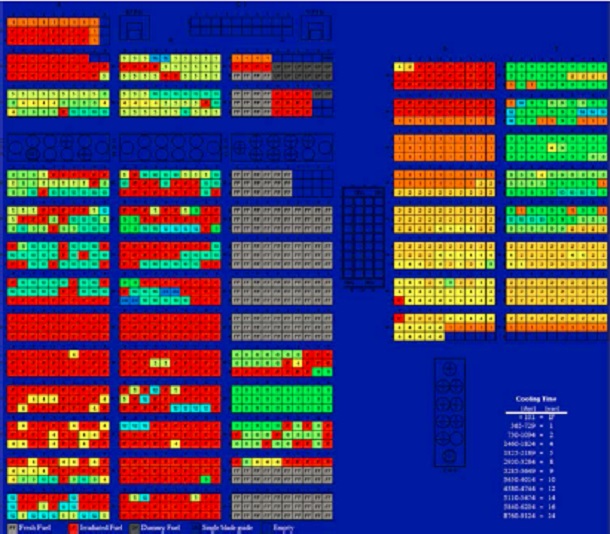
by Allison Macfarlane May 19, 2017 I. INTRODUCTION This essay by Allison Macfarlane argues that “the back end of the fuel cycle, especially at reactors, has not received the attention to safety and management it needs. Management of spent fuel after discharge from the reactor requires careful thought and safety analysis. Surprisingly, regulators in some […]
Go to the article











